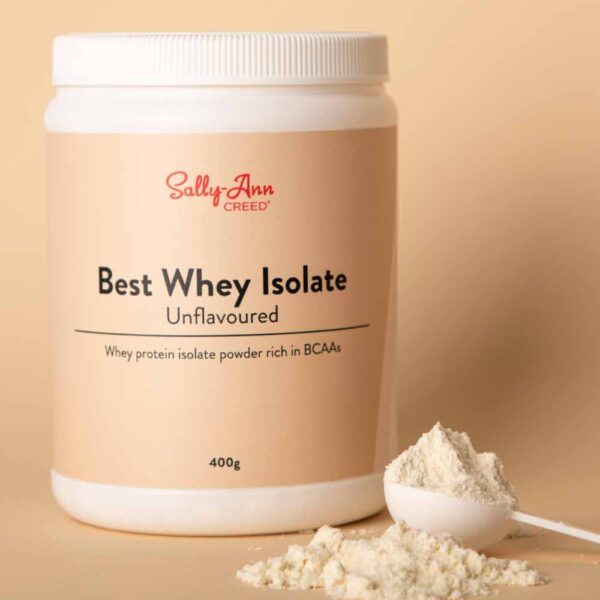Spices made from roots, leaves, flowers, stems, berries, bark and seeds have been used for centuries not only for colouring, flavouring and taste but for their medicinal properties as well. Before the invention of modern medicine, these plants were the only source of natural healing. With the increase of stress and demanding lifestyles, our immunity is often under stress- simple additions to your cooking and food could help boost your immune system- we have highlighted 5 immune boosting spices below.
Turmeric (Curcumin)
Curcumin found in turmeric works synergistically with the body’s natural defence cells, such as T and B cells, while also inhibiting various inflammatory responses.
An earthy flavour, that can be used for poultry and seafood giving it a warm colour and accents its natural flavor. It also pairs well with rice, lentil, and vegetable dishes. Use with onion powder, cayenne, ginger and garlic to transform your dishes. For best absorption, take it with black pepper.
Recommended dose:
400 mg – 600 mg of turmeric extract is the usual recommendation in studies, taken 2-3 times daily. The dosage for the whole root ranges from 1.5 to 3 grams per day or 1-3 grams per day of the dried, powdered root.
Cinnamon (cinnamaldehyde)
Cinnamon is packed with antioxidants, such as polyphenols and anti-bacterial properties which help neutralize free radicals and reduce oxidative stress. This supports the immune system by protecting cells from damage.
Cinnamon can be used in desserts and savoury dishes for flavour in curries with its sweet but spicy aroma. Our favourite way is to add to our morning overnight oats or chia seed pots.
Recommended dose:
Used in studies with doses ranging from 1-4g/day. For safety, some studies suggest having a limit of 0.1 mg of coumarin per 1 kg of body weight. Cassia cinnamon contains about 1% coumarin which means 6-12 mg in one teaspoon.
Ceylon (or true) cinnamon contains trace amounts of coumarin. As different capsules/spices contain different amounts of coumarin- having ½ tsp daily should be safe for long term use.
Cayenne (capsaicin)
Cayenne pepper can help clear congestion by thinning mucus, making it easier for the respiratory system to function. Improved respiratory health can help the body defend against colds, flu, and other respiratory infections.
If you like a bit of heat in your food, add ½-1 tsp to your dishes. Did you know that one teaspoon of cayenne pepper provides 14% of the RDA for vitamin A and 2% of the RDA for vitamin C.
Recommended dose:
There are no specific daily recommended doses of cayenne pepper yet, however studies usually use around 2–6 mg of capsaicin per day. Cayenne pepper itself contains approximately 2.5 mg of capsaicin per gram.
Ginger (gingerol)
Ginger has natural antibacterial, antiviral, and antifungal effects, which can help the body fight off infections. It may inhibit the growth of harmful bacteria and viruses, supporting immune defences.
Used in savoury and sweet dishes. Pumpkin dishes, spiced cookies or desserts, pickles, juices and to curries, stews and soups.
Recommended dose:
Studies frequently use 500mg/0.5g of ginger. One quarter-inch slice of fresh ginger is equal to 1 to 2 grams of powder.
Oregano (Thymol)
Carvacrol and thymol, the key active compounds in oregano, have strong antibacterial, antiviral, and antifungal properties. They help the immune system fight off pathogens by inhibiting the growth of harmful bacteria, fungi, and viruses.
Lovely herb spice used in salad dressings, pasta dishes and mediterranean cooking for a lovely herby flavour.
Recommended dose:
There is no clinical evidence to recommend doses of oregano however 200mg seems to be a standard dose of emulsified oregano used in colds and flu treatment.
You will find ALL these spices in organic or non-irradiated form in our online store here https://sallyanncreed.co.za/shop.
References:
Isbill J, Kandiah J, Kružliaková N. Opportunities for Health Promotion: Highlighting Herbs and Spices to Improve Immune Support and Well-being. Integr Med (Encinitas). 2020;19(5):30-42.
Allegra A, Mirabile G, Ettari R, Pioggia G, Gangemi S. The Impact of Curcumin on Immune Response: An Immunomodulatory Strategy to Treat Sepsis. Int J Mol Sci. 2022 Nov 25;23(23):14710. doi: 10.3390/ijms232314710. PMID: 36499036; PMCID: PMC9738113.
Moghadamtousi SZ, Kadir HA, Hassandarvish P, Tajik H, Abubakar S, Zandi K. A review on antibacterial, antiviral, and antifungal activity of curcumin. Biomed Res Int. 2014;2014:186864. doi:10.1155/2014/186864.
Anh NH, Kim SJ, Long NP, et al. Ginger on Human Health: A Comprehensive Systematic Review of 109 Randomized Controlled Trials. Nutrients. 2020;12(1):157. Published 2020 Jan 6. doi:10.3390/nu12010157.
Blahová J, Svobodová Z. Assessment of coumarin levels in ground cinnamon available in the Czech retail market. ScientificWorldJournal. 2012;2012:263851. doi:10.1100/2012/263851
Ester SO, Petersen KS, Kris-Etherton PM, Rogers CJ. Four weeks of spice consumption lowers plasma proinflammatory cytokines and alters the function of monocytes in adults at risk of cardiometabolic disease: secondary outcome analysis in a 3-period, randomized, crossover, controlled feeding trial. Am J Clin Nutr. 2022;115(1):61-72. doi:10.1093/ajcn/nqab331.







